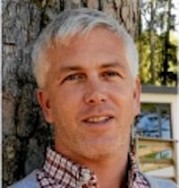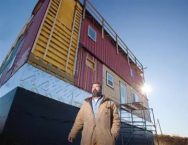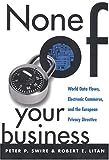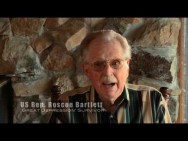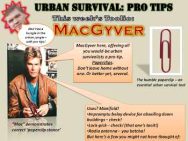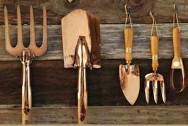
Williams-Sonoma move into urban homestead market
Urban homesteading, growing or raising a portion of your own food, has become so fashionable that upscale cookware company Williams-Sonoma introduced the Agrarian collection, a line of tools and supplies for activities ranging from beekeeping to cheese making, delivered to 75 countries.
Photos of gardening beds thick with leafy greens, heirloom chickens strutting around picturesque coops and shiitake mushrooms growing on a log make the homesteading life look beautiful and delicious, while also playing down the hard-work aspect of these chores-turned-hobbies. Copper gardening tools are so shiny and pretty they seem more like rustic decorations for a farm-to-table restaurant than tools for working in the dirt.…
